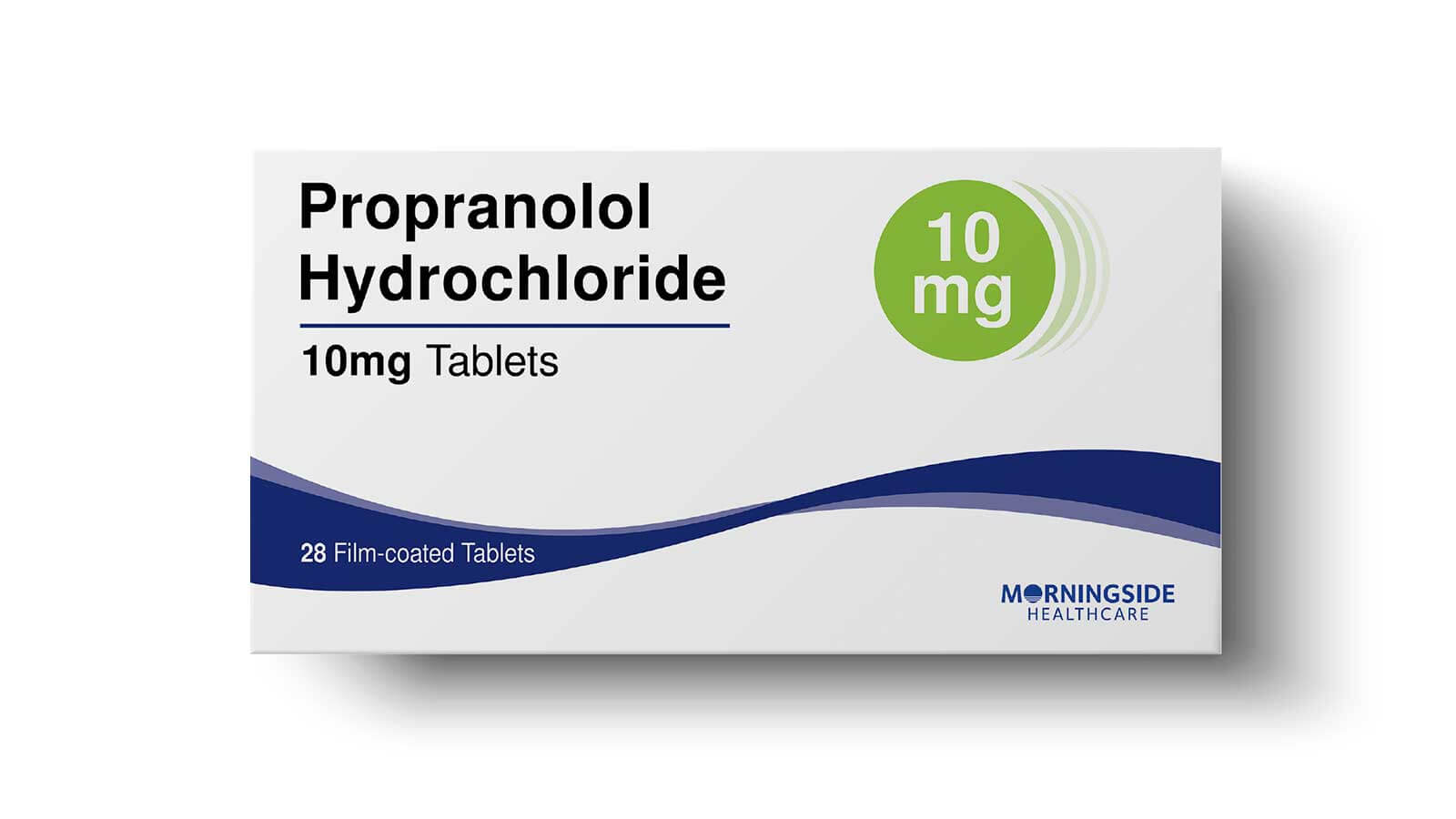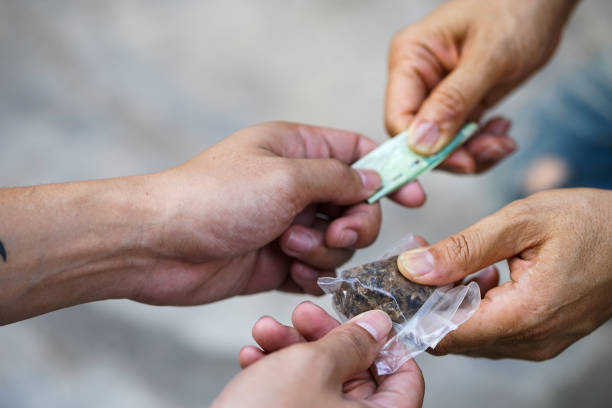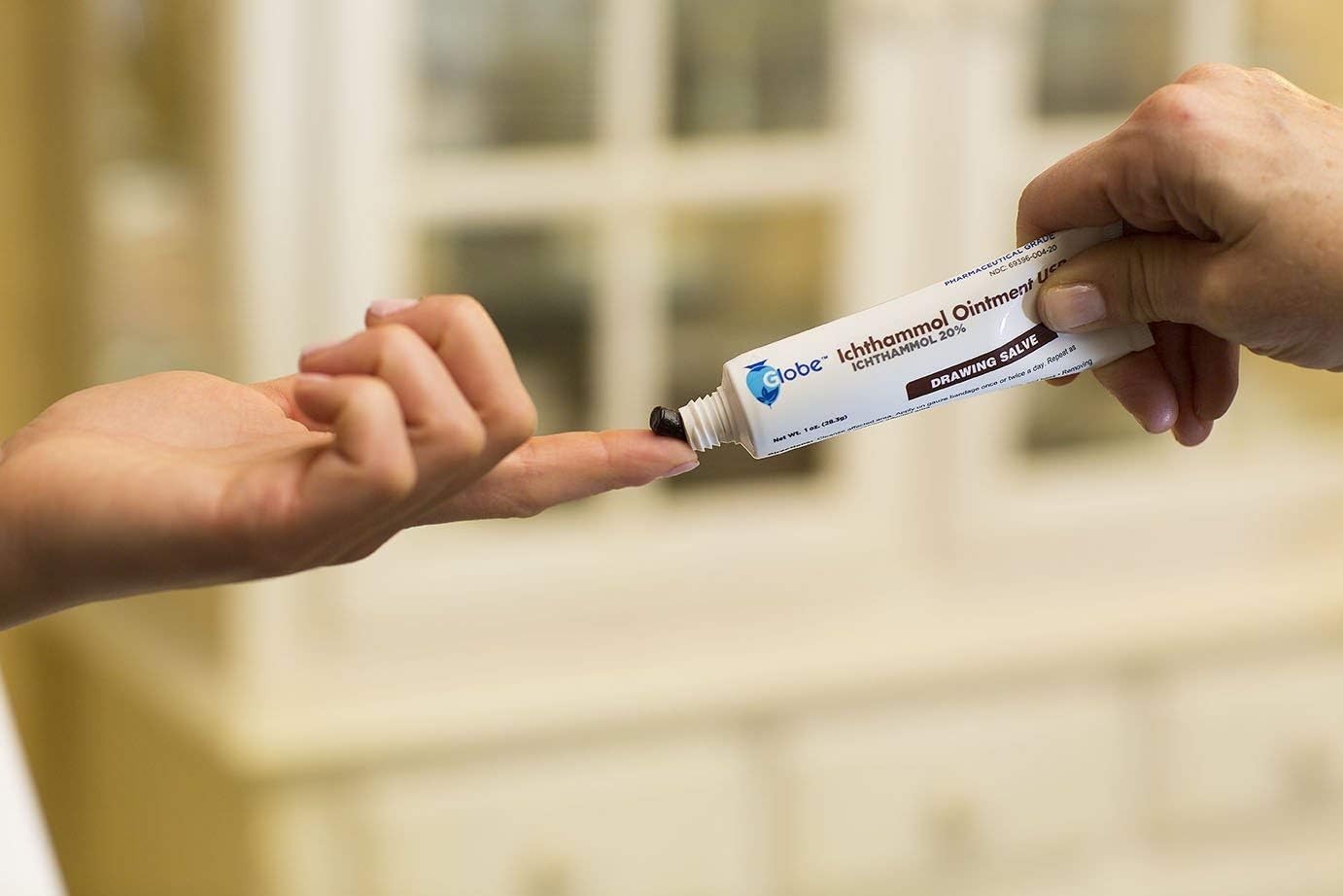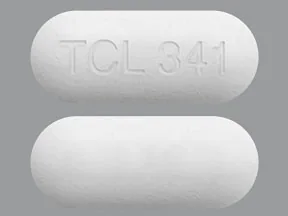Propranolol is a medication that can be quite helpful for various health issues. Let us talk about what it is, how it works, and its uses, especially for anxiety.
- What Is Propranolol?
- Uses of Propranolol
- Anxiety
- Migraine
- High Blood Pressure (Hypertension)
- Heart Rhythm Disorders
- Angina (Chest Pain)
- Overactive Thyroid Gland
- Infantile Hemangioma
- How Does Propranolol Work?
- Recommended Dosage for Anxiety
- What are the side effects of Propranolol?
- Common Side Effects
- Serious Side Effects
- How long does it take for Propranolol to work?
- Conclusion
- People Also Ask
- What is Propranolol?
- What conditions can Propranolol be used for?
- How does Propranolol work for anxiety?
- How quickly does Propranolol work for anxiety?
What Is Propranolol?
Propranolol belongs to a group of medicines called beta-blockers. These clever little pills help manage heart rhythms and have a few other tricks up their sleeve. One of their superpowers is easing the physical effects of anxiety, like a racing heartbeat, sweaty palms, and trembling.
Uses of Propranolol
Anxiety
- Performance anxiety, also known as stage fright, can make even the bravest souls quiver. Whether you are facing an audience, giving a speech, or attending an interview, anxiety can strike. Propranolol swoops in to save the day by calming those jittery nerves.
- Symptoms it tackles: sweating, flushing, and a fast heartbeat.
Migraine
- Propranolol moonlights as a migraine superhero. It helps prevent those pesky head-throbbing episodes.
- No more migraines?
High Blood Pressure (Hypertension)
- Propranolol steps in to keep your blood pressure in check. It is like a traffic cop for your arteries.
- Smooth sailing ahead!
Heart Rhythm Disorders
- If your heart dances to its own beat (and not in a good way), Propranolol can help.
- It is the ultimate rhythm keeper.
Angina (Chest Pain)
- When your heart feels like it is doing a marathon, Propranolol eases the strain.
- Less chest pain, more peace of mind.
Overactive Thyroid Gland
- Propranolol tames the thyroid beast. It is like whispering, “Calm down, thyroid, we’ve got this.”
- Thyroid, meet your match!
Infantile Hemangioma
- For our tiny warriors, Propranolol helps shrink those pesky blood vessel growths.
- Small but mighty.
Related Articles
- Dupixent Injection: Uses, Dosage, Side Effects, Warnings
- What is Farmapram? (Mexican Xanax)
- Mexican Xanax: Everything You Need to Know About Farmapram
- Doxycycline Ruined My Life: A Cautionary Tale on Antibiotic Side Effects
- L484 Pill: What You Need to Know
- All About Cymbalta
How Does Propranolol Work?
Propranolol is like a chill pill for your heart. It slows down your heartbeat and lowers blood pressure. How? By blocking the release of adrenaline (that pesky stress hormone).
Recommended Dosage for Anxiety
- The sweet spot for anxiety relief is between 10mg to 40mg.
- Start low (10mg) and gradually increase if needed.
- Stick to the smallest effective dose to minimize side effects.
- Remember, your doctor or pharmacist is your trusty guide.
What are the side effects of Propranolol?
Propranolol can have both common and serious side effects. Here is what you need to know:
Common Side Effects
- Slower heart rate
- Diarrhea
- Dry eyes
- Hair loss
- Nausea
- Weakness or tiredness
These effects are usually mild and may go away as your body adjusts to the medicine.
Serious Side Effects
If any of the following occur, seek medical attention promptly:
- Chest tightness
- Cough producing mucus
- Blistering, peeling, or loosening of the skin
- Blood in the urine
- Blurred or loss of vision
- Confusion
- Difficulty swallowing
- Fainting
- Mental depression
- Unusual bleeding or bruising
- Weight gain
Remember, always consult your healthcare provider if you experience any unusual symptoms while taking Propranolol.
How long does it take for Propranolol to work?
- Immediate-release Propranolol typically starts working within 1 to 2 hours for anxiety relief.
- Its effects can last for 6 to 12 hours.
- Extended-release formulations provide sustained action, lasting approximately 24 to 27 hours.
Conclusion
Propranolol wears many hats: heart helper, anxiety tamer, and migraine magician. So, next time you are feeling anxious, think of Propranolol as your secret weapon against those butterflies in your stomach.
People Also Ask
What is Propranolol?
Propranolol is a type of medication known as a beta-blocker. It is used to treat various health conditions, like cardiovascular diseases.
What conditions can Propranolol be used for?
Propranolol has a wide range of health uses, covering both physical and mental issues. Some of the conditions it is used to treat include:
- Anxiety
- Panic disorder
- Migraine
- High blood pressure (hypertension)
- Heart rhythm disorder (fast or irregular heartbeats)
- Chest pain caused by angina
- Overactive thyroid gland
- Infantile hemangioma
Additionally, Propranolol can be used as a preventative measure to reduce the risk of heart attacks or strokes.
How does Propranolol work for anxiety?
Propranolol blocks the effects of adrenaline on certain receptors in the body. By doing so, it helps reduce the physical symptoms associated with anxiety disorders, such as a racing heart, trembling, and sweating.
How quickly does Propranolol work for anxiety?
Propranolol starts working within a few hours after taking it. The 10mg tablet form is commonly used to relieve the physical symptoms of social and situational anxiety, including sweating and flushing.















